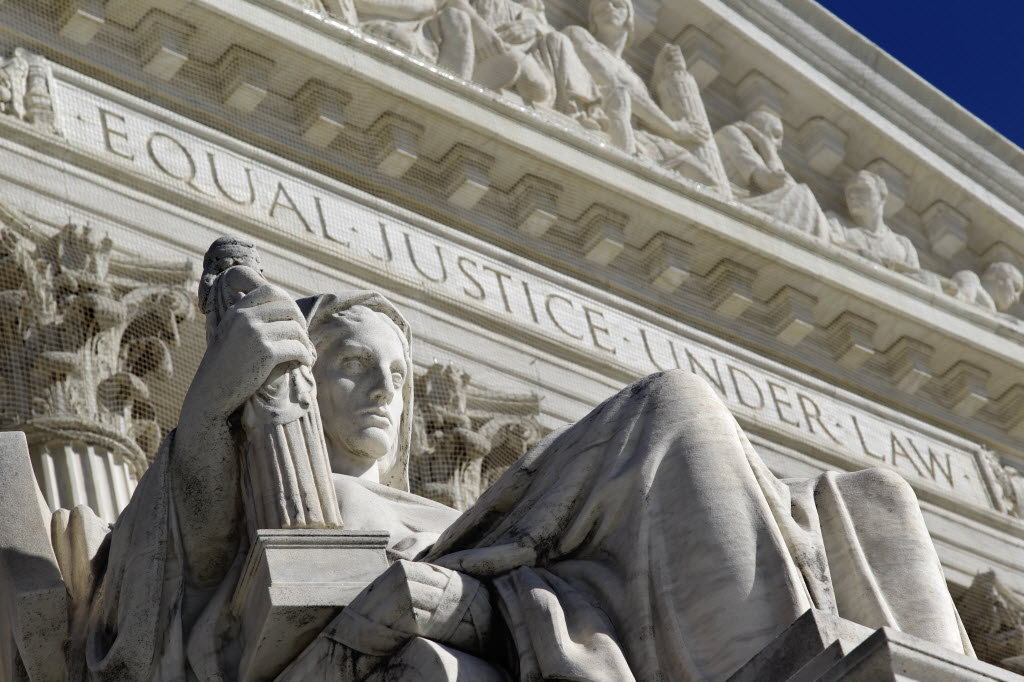Supreme Court Will Consider Case on Foreign Tax Credit —The Tax Adviser
When Is a Foreign Tax Creditable Under Sec. 901?
The Tax Adviser’s James A. Beavers, J.D., LL.M., CPA, CGMA, reports that The U.S. Supreme Court has agreed to hear a case that delves into the contentious issue of when taxpayers are eligible to claim a foreign tax credit under Section 901 of the U.S. tax code. A ruling by the court would clarify part of the provision that has been litigated for decades.
Under Sec. 901(b)(1), taxpayers can claim a credit for “the amount of any income, war profits, and excess profits taxes paid or accrued . . . to any foreign country.” This provision was enacted in 1918, and, ever since, the meaning of the word “income” in the provision has been the subject of “long and tortuous” litigation (Bank of Am. Nat’l Trust & Sav. Ass’n, 61 T.C. 752, 759 (1974)).
Regs. Sec. 1.901-2(a)(1) combines the statutory terms, “income, war profits, and excess profits tax,” into one concept: income tax. A foreign assessment is an income tax if it has the “predominant character . . . of an income tax in the U.S. sense” (Regs. Sec. 1.901-2(a)(1)(ii)).
A foreign assessment has the predominant character of a tax if it is “likely to reach net gain in the normal circumstances in which it applies,” but is not a “soak-up” tax that is applied only if a foreign tax credit is available (Regs. Secs. 1.901-2(a)(3)(i) and (c)(1)). An assessment is “likely to reach net gain” if it meets three requirements: the realization, gross receipts, and net income requirements (Regs. Sec. 1.901-2(b)(1)). The realization requirement—a timing requirement—ensures the taxpayer has received income before being obligated to pay taxes on it. The gross receipts and net income requirements concern the tax base, i.e., the amount on which the tax is levied.
What are potential long-term implications?
This dispute has implications beyond the narrow issue of the creditability of the U.K. windfall profits tax. Both cases raise questions about what constitutes an excess profits tax, when foreign taxes are creditable, and even how Treasury regulations should be interpreted.
The IRS argues in these cases that the terms of the U.K. statute should control the determination of the tax base and that the tax base must meet the gross receipts and net income requirements of Regs. Sec. 1.901-2(b). However, the regulations also introduce the concept of looking at the “predominant character” of the foreign assessment, which surely entails looking outside the four corners of the statute.
The IRS could avoid this problem by rewriting the regulations; instead, the Supreme Court will hopefully bring clarity to this issue.
Read the whole piece here.
The Supreme Court Grasps the Fate of Taxpayers Applying the Foreign Tax Credit Under Section 901










